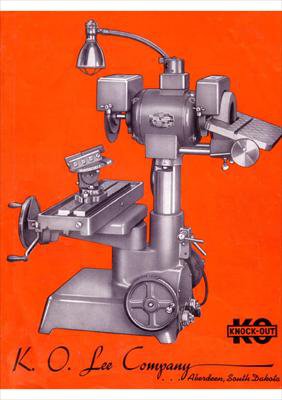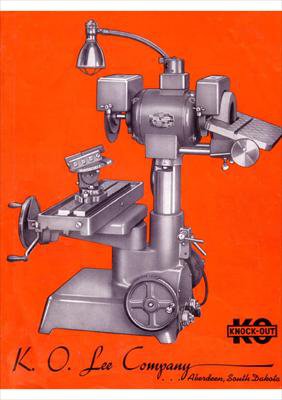- Joined
- Aug 26, 2013
- Messages
- 1,061
I've been into woodworking and metalworking for a while now, and I've been pondering some type of grinder build for a few years now. The other night I sat down and came up with a short list of tools that need to be ground. Some of them I do myself on a cheap 6" bench grinder, some I send out to be ground, and some are toss and buy replacements.
Woodworking
if I where to build or buy something like an old union grinder, would that work for all my grinding needs?
http://www.lathes.co.uk/uniontool&cuttergrinder/
Woodworking
- chisels (edges and backs)
- had plane blades (edges and backs)
- making/sharpening awl tips
- making/sharpening marking knife/gauge blades
- woodworking lathe tools
- Forstner drill bits (would be nice to do myself)
- brad point drill bits (would be nice to do myself)
- regular drill bits
- router bits (would be nice to do myself)
- saw blades (would be nice to do myself)
- hss lathe tool bits
- brazed carbide lathe tool bits
- regular twist drill bits (split point, multi facet)
- spotting drills
- center drills
- endmill ends (would be nice)
- endmill flutes (would be nice to do myself)
- slitting saws (would be nice to do myself)
- random other mill cutters (would be nice to do myself)
if I where to build or buy something like an old union grinder, would that work for all my grinding needs?
http://www.lathes.co.uk/uniontool&cuttergrinder/




